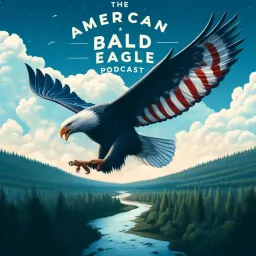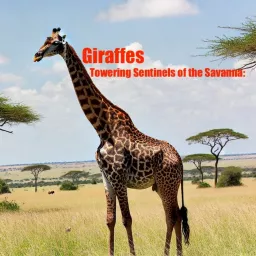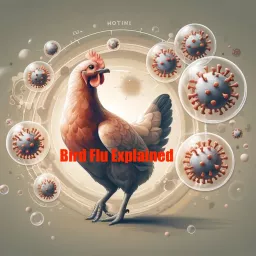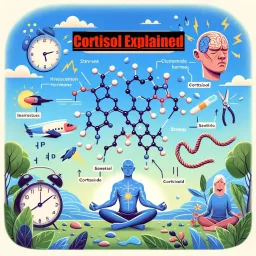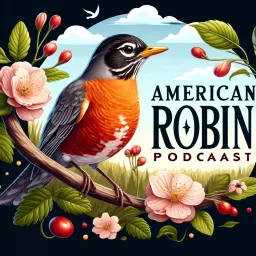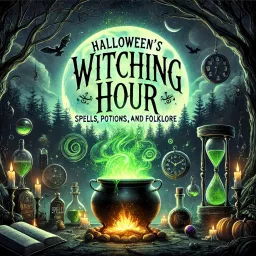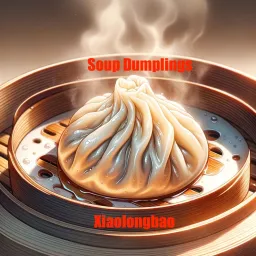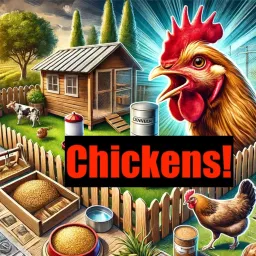Donkeys!- From Stubborn to Lovable: A Guide to Your Endearing Equine Friends
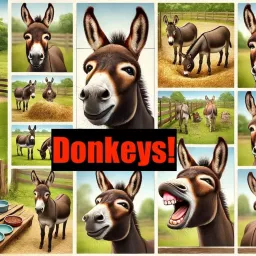
Ode to the Noble Donkey: The Unsung Heroes of the Farmyard When you envision the iconic barnyard or pastoral homestead setting, what imagery first springs to mind? Chances are it involves bountiful flocks of chickens and sheep, maybe some cows lazily grazing in verdant pastures, possibly a trusty plow horse standing vigilant beside its cross-fenced paddock. But you'd be shortchanging the true heart and soul of the thriving family farm if you don't immediately picture the gentle, steadfast donkey sharing pride of place among the livestock lineup. These endearing equines with the comically oversized ears and delightfully clownish expressions don't usually garner the same level of fanfare and idolization as their more celebrated horse counterparts. Yet I'd argue the noble donkey vastly outshines even the noblest steed when it comes to its indispensable role in helping sustain fulfilling rural lifestyles and rewarding agricultural endeavors since the dawn of human civilization. The donkey family, or Asinus, has walked this earth far longer than we have - a staggering legacy of 5 million years by some scientific estimates. Named for the Hebrew phrase "to be indefatigable" which describes their tireless vigor, generations of donkeys have accompanied our ancestors from the very cradle of humanity across North Africa and the Fertile Crescent. As we humans first endeavored to domesticate animals and till the wild land, it was the steadfast burro there by our side offering its muscle, grit and devoted companionship every step of the way. When you really pause to appreciate it, the entire trajectory of humanity's collective civilization rests upon the figurative haunches of the lowly, humble donkey. Without this four-legged soul mate to transport our tools and provisions from camp to field, provide hearty milk and meat proteins during famine periods, and eventually haul hefty plow blades taming the feral wilderness into cultivatable farmland, our nomadic ancestors may never have successfully taken root and flourished. Nearly every enduring human culture worth its salt can stake a proud claim to donkeys featuring prominently in their rise to lasting prominence on the fertile belly of the earth. Indigenous societies across North Africa, the Middle East, the Mediterranean, and even pre-Columbian Americas all wove the donkey into their traditions of subsistence in one way or another. From the mighty Egyptian dynasties who enshrined them alongside cats and lions as sacred icons - to the wise Berber peoples of the Sahara who've followed the lead of "Ships of the Desert" across the most punishing expanses for eons - few creatures have paralleled the donkey's importance in transporting the seeds of civilization wherever we roamed.
Even in our modern era, the donkey remains that reliable, unflappable sidekick who helps billions of world citizens maintain their sustainable agrarian livelihoods, productive small plot farms, and fulfilling ways of living off the land. They are synonymous with rugged self-sufficiency and dignified perseverance around the globe. So why haven't these deceptively mighty beasts of burden enjoyed the same levels of worldwide love and fanfare as horses and other domesticated creatures? Well, for all their undeniable physical and mental fortitude, donkeys maintain an unassumingly humble, almost comically self-effacing demeanor that's kept them happily toiling behind the scenes rather than center stage. Donkeys are renowned for their naturally affectionate, gentle dispositions. Even the most stubborn jenny or mammoth working jack exudes an unmistakable aura of good-natured tranquility that's downright magnetic. While horses can be prone to nervousness or spooking, donkeys embody the zen-like serenity of the most enlightened spirit guides you'll ever encounter. Spend even a little quality time with a bonded donkey herd, and you'll immediately be enchanted by their infectious capacity for playful whimsy and easygoing conviviality. The gleeful braying and delightfully awkward gambols, the spirited bouts of mutual grooming, and the nuanced social rituals they indulge in will thaw even the most cynical soul with their endearing charisma. Beyond their winning personalities, donkeys exhibit a staggering array of unique biological traits and adaptations that have allowed them to quietly thrive across the most bone-dry, inhospitable desert expanses and punishing terrains for millennia. Their hardy digestive systems convert virtually any vegetative matter into nutritional sustenance, their multi-layered downy coats insulate them from searing heat and icy blasts with equal aplomb, and their unique perspiration system allows them to efficiently regulate their core temperatures. Most impressive of all, consider the donkey's phenomenal water conservation prowess. While a horse requires gallons of drinking water daily to sustain itself, a donkey's highly efficient kidneys allow it to sip tiny amounts while metabolizing near negligible fluid losses and producing potent, concentrated urine unlike any other mammal. Desert Nomads revere the sure-footed burro as a lifeline upon which their very survival depends thanks to this astonishing ability to traverse day after day under the broiling sun while needing virtually no hydration beyond what spare moisture it can extract from the sparse vegetation. Talk about a hyper-efficient, low maintenance form of transport!
When you combine their physical and mental hardiness with their incredible work ethic and beast-of-burden strength, suddenly the donkey's true superpowers become crystal clear. Despite their diminutive frame compared to horses, many burros are capable of hauling and pulling proportionate weights that would boggle the mind. And the miles they can cover day in and day out while bearing such staggering loads would have the finest equine or mule companions begging for mercy. It's no wonder cultures worldwide adore these little haulers and farmhand beasts. Donkeys are quite literally the strong, sturdy shoulder upon which the entire weight of our collective agrarian development has been upheld. They are the archetypal blue-collar heroes who make our bucolic visions of an honest, hardworking farm life even possible to this very day. From tilling and plowing the rugged land to lugging supplies and equipment where wheels and modern machinery can't possibly tread, domestic donkeys form the reliable, hardworking backbone lifting up sustainable agriculture worldwide. Where brute force and grit are needed most, the burro answers the call each and every time with its trademark brays of eagerness and "get 'er done" enthusiasm. And that's precisely why every homestead, working ranch, hobby barnyard or family smallholding simply isn't complete without incorporating the gentle ambiance of a donkey companion or two into its pastoral picture. Not only do they bring irreplaceable functionality as stout drafters, haulers and guardians of vulnerable pasture stock, but their warm, soulful presence lends an aura of earthy authenticity that no machinery or creature can match. Just observing the timeless, zen-like rituals of a content donkey herd can slow one's chaotic mental pace to a more grounded, centered space in mere moments. From their spirited grooming sessions of exchanging gentle nibbles and caresses to their uproariously expressive vocalizations, simply sharing quality time with a bonded burro band is the most delightfully therapeutic way to reconnect with nature's elemental tranquility. Then there's their invaluable role as gentle guardians, sentinels and nannies for vulnerable livestock like sheep, goats and fowl sharing pasture space. Thanks to the donkey's diligent watchfulness and fierce protectiveness over their "charges," few predatory beasts dare approach wherever that bray-happy sentry is standing dutifully alert. A well-bonded donkey gelding will readily chase off coyotes and fend off feral dogs, all while doting upon his flock like the most dedicated shepherd imaginable. Not to mention how their steadfast reassurance and calming presence is often all that's needed to soothe anxious herd members or newborn offspring through periods of distress and trauma. The humble burro has been Nature's benevolent nursemaid far longer than our own fretful human mothers and midwives have existed! And we haven't even delved into all the wonderful products and sustenance provided by our four-hooved comrades in self-sufficient homesteading. From providing hardy meat protein and dairy alternatives to the prized gelatin made from rendered donkey hooves, and even fertilizer from their aromatic droppings, it's no exaggeration that burros offer far more utility than some may assume. Donkey's uber-dense coat hair can be sustainably harvested and processed into premium wool, their sturdy hides transformed into supple leathers, while their enduring resilience and draft power make them the ultimate sustainable farming assist across cultures worldwide. Given how deeply embedded donkeys remain in the very fabric of human civilization and our transition from mere subsistence into vibrant sustainability and self-sufficiency, it seems only fitting that we pause to honor their remarkable contributions and influence with overdue gratitude and appreciation. Without the bucolic ambiance and steadfast support of the humble donkey, our collective vision of rewarding homestead and farmstead lifestyles simply wouldn't be possible. I fondly recall my own boyhood days spent in those sun-dappled paddocks and pastures, raptly observing the patiently plodding donkey herds as they upheld the daily rituals of labor and camaraderie that ultimately kept our humble family farm afloat. Memorizing their expressive vocalizations, mastering their gently swinging gaits, even being treated like an honored member of their inner circle with nuzzles and gentle nudges — these tender soul connections with o
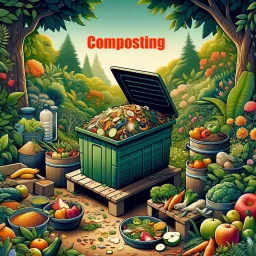


![[REDACTED] History [REDACTED] History](https://podcastaddict.com/cache/artwork/thumb/4093402)




